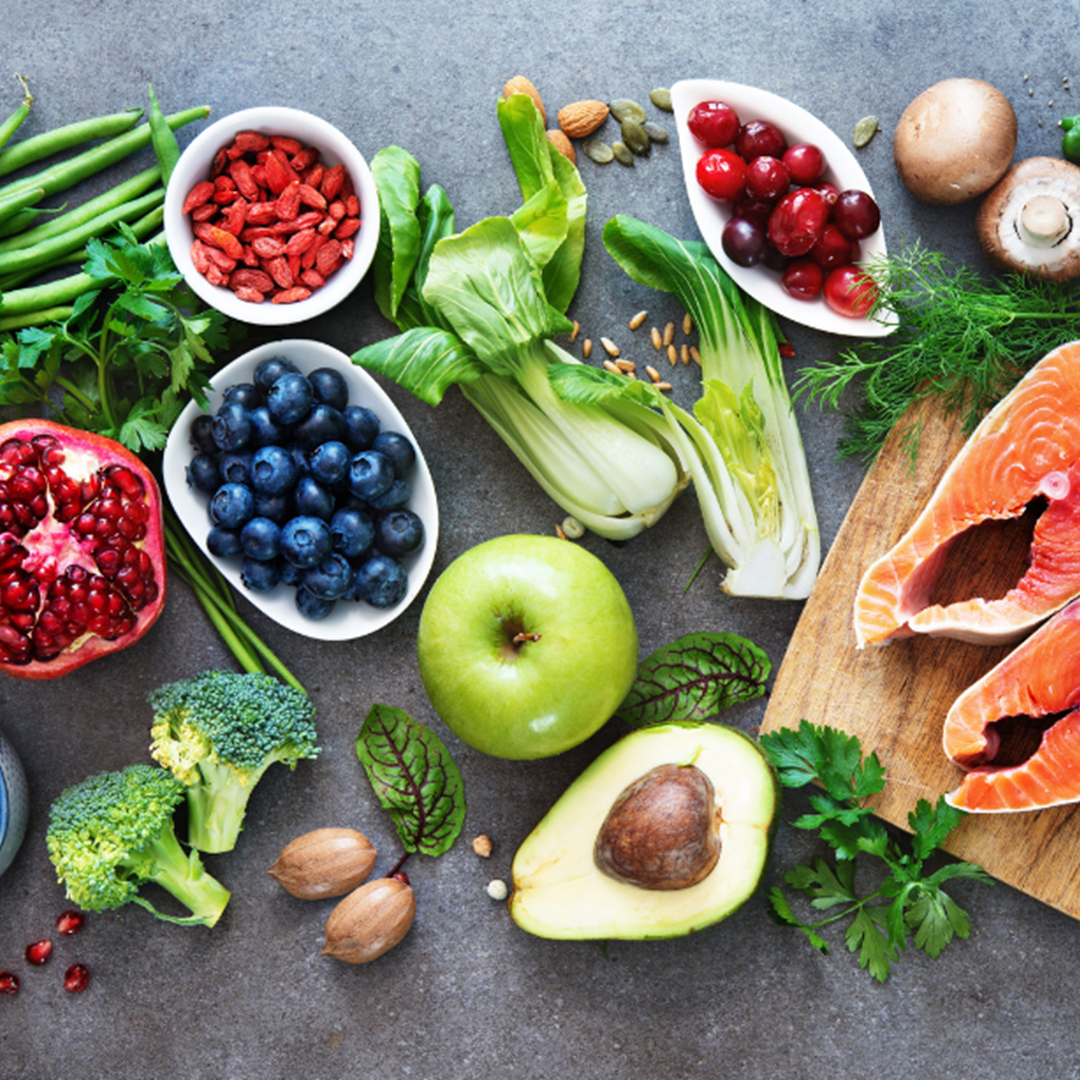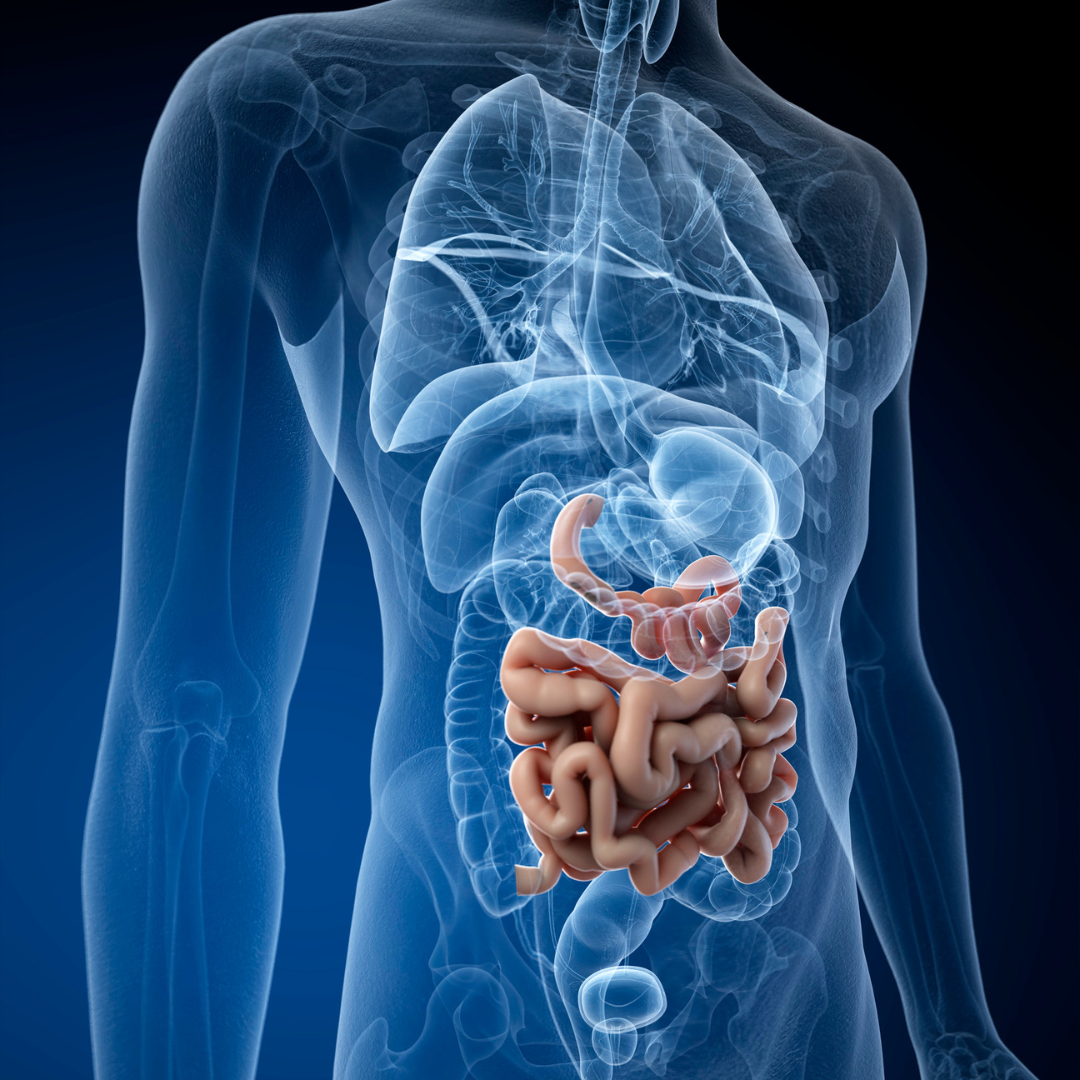University of Illinois research improves potato performance in heat waves
Scientists at the University of Illinois have made significant progress in the resistance of potatoes to heat waves, increasing the mass of tubers by 30% even under extreme conditions. This breakthrough was achieved through genetic engineering, specifically by introducing a photorespiratory shunt that improves plant growth efficiency. The study, conducted by the Carl R. Woese Institute for Genomic Biology, demonstrates how genetic manipulation can help crops better adapt to the effects of climate change, which is key to global food security.

Katherine Meacham-Hensold directed work that sought to improve the photorespiratory derivation of potatoes as a postdoctoral researcher in Don Ort's laboratory at the University of Illinois at Urbana-Champaign./Allie Arp
The research team, led by Katherine Meacham-Hensold, focused on photorespiration, a process that reduces crop yields under hot conditions by generating a toxic by-product. This modification prevents plants from losing energy in an inefficient reaction and maximizes growth. “We need crops that can withstand more intense heat waves to secure the food supply. in the regions most vulnerable to global warming,” said Meacham-Hensold. This advance could be key to tackling the challenges of climate change in agriculture.








